#pennywise #malware #crypto #cryptocurrency #hacking #ether #zcash #jaxxx #exodus #electrum #youtube
|
Crypto-stealing malware - known as PennyWise and reported by Cyble security firm - pretends to be a free Bitcoin mining application, which advertises and can be downloaded via a Youtube video. The malware targets cold crypto-wallets such as Armory, Bytecoin, Jaxx, Exodus, Electrum, Atomic Wallet, Guarda, and Coinomi, as well as wallets supporting Zcash (ZEC) and Ether (ETH) by looking for wallet files in the directory and sending a copy of the files to attackers. Data stolen from the victim’s system comes in the form of Chromium and Mozilla browser information, including cryptocurrency extension data and login data. It can also take screenshots and steal sessions of chat applications such as Discord and Telegram.
#pennywise #malware #crypto #cryptocurrency #hacking #ether #zcash #jaxxx #exodus #electrum #youtube
0 Comments
The lack of fungibility is a real problem and the number one reason for Bitcoin not being accepted by the mainstream payment industry. Fungibility in money means that one “something” always equals any other “something”, like a $1 bill can be always exchanged for any other $1. When you come to a grocery store to buy food, no one is asking you where you got cash to pay for it. Why should one ask if you pay online with crypto? The function of crypto is online cash. Crypto privacy is really about fungibility.
#bitcoin #privacy #money #crypto #fungibility #monero I think Monero - as a collection of cryptographic techniques such as cryptonote, ring signatures, etc. - is the second most important invention in crypto and payments tech after Bitcoin.
#Cryptobasics #book #tech #bitcoin #monero #privacy #crypto #future #payments Blockchain cannot function without crypto, unless it is based on a permissioned, trusted, centralized network which must be controlled by government or corporate entities. Without crypto, there is no incentive for blockchain operators, who don’t trust each other, to keep it intact. Therefore, web3 + blockchain isn’t a feasible combination without crypto.
#blockchain #network #crypto #cryptocurrency #web3 #decentralized #permissionless #permissioned #bitcoin Exciting news - Ken Westin, renowned security researcher, has written a fascinating foreword for my upcoming book about crypto.
Ken has won awards and honors from MIT, Oregon Tech Awards, CTIA, SXSW and was named in Entrepreneur Magazine's "100 Brilliant Companies" and the Business Journal's "Forty Under 40". His work has been featured in Wired, Forbes, New York Times, The Economist, Good Morning America and Dateline NBC and many others. He is regularly reached out to as a subject matter expert in security, privacy, and surveillance technologies. Thank you, Ken, I really appreciate it! MetaMask and Phantom, two of the largest crypto wallet providers, disclosed in blog posts Wednesday they recently patched a security vulnerability. Now comes the fun part. MetaMask was informed of the bug in July 2021 and issued a patch in March of this year. Phantom learned of the bug in September 2021 and issued patches to address the issue between January and April 2022.
Japan’s parliament passed a bill on Friday that clarified the legal status of stablecoins, defining them essentially as digital money. Stablecoins must be linked to the yen or another legal tender and guarantee holders the right to redeem them at face value, according to the new law.
|
Books
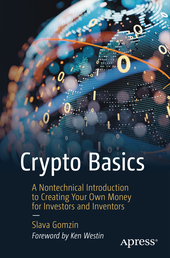 Crypto Basics Crypto Basics
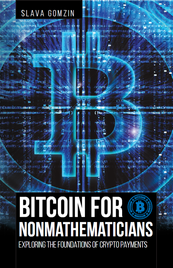 Bitcoin for Nonmathematicians: Exploring the Foundations of Crypto Payments Bitcoin for Nonmathematicians: Exploring the Foundations of Crypto Payments
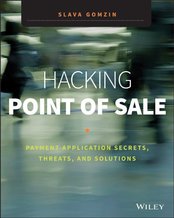 Hacking Point of Sale: Payment Application Secrets, Threats, and Solutions Hacking Point of Sale: Payment Application Secrets, Threats, and Solutions
Recent Posts
Categories
All
Archives
March 2023
|
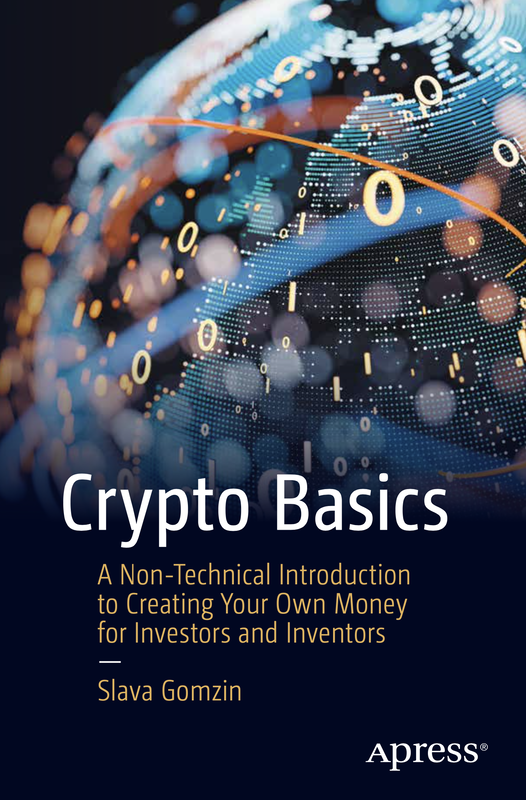
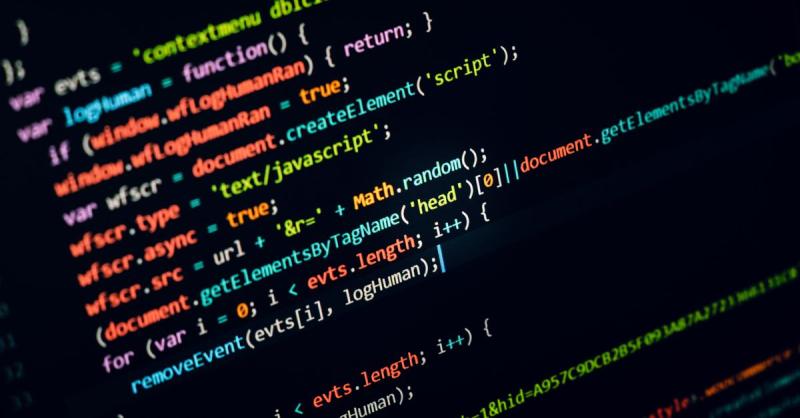




 RSS Feed
RSS Feed
